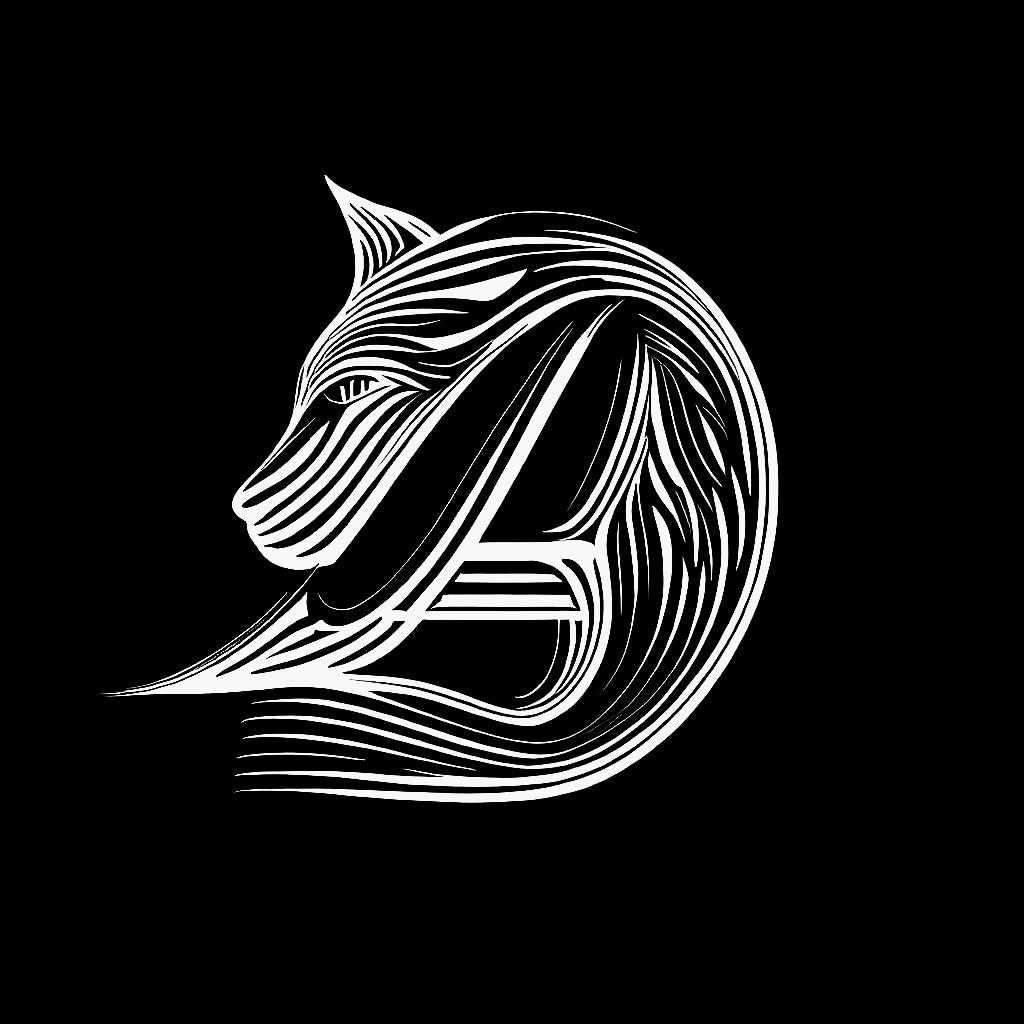Anthropomorphism is a term that refers to the tendency of humans to attribute human characteristics, emotions, or behaviors to non-human entities, such as animals or inanimate objects. While anthropomorphism can sometimes be benign or even foster a sense of connection with our pets, there are times when it can lead to misinterpretations of our pets’ behaviors and emotional signals. These misinterpretations can have serious consequences, ranging from distressed pets to a strained pet-human relationship.
Chapter 2: The Pitfalls of Anthropomorphism: Misinterpretations and Their Impact on Our Pets
Anthropomorphism, the tendency to attribute human characteristics to non-human entities, is something that most pet owners engage in from time to time. While it can be a source of amusement and even deepen our emotional bond with our pets, it also has its pitfalls. One of the most significant issues arises when anthropomorphism leads to misinterpretations of our pets’ behaviors. These misunderstandings can lead to distressing outcomes for our pets and can also affect the quality of our relationships with them.
The Misinterpretation of Behavior
A major pitfall of anthropomorphism is the potential for misinterpreting our pets’ behaviors. When we see our pets through a human lens, we can sometimes misjudge their actions, leading to inappropriate responses that might distress our pets or exacerbate their stress or anxiety.
Consider the example of a cat that becomes withdrawn and spends a lot of time hiding. For those accustomed to interpreting behaviors from a human perspective, this might seem like a sign of aloofness or independence. However, in the world of felines, this behavior could be a symptom of anxiety, fear, or even illness. As a result of this misinterpretation, the owner might not provide the necessary support or interventions to help the cat cope with its stress. This can potentially lead to further complications, including a worsening of the underlying anxiety or illness.
Anthropomorphism and Training Challenges
Anthropomorphism can also create hurdles in training our pets. Dogs, for example, learn differently than humans. Their understanding of obedience and defiance is different from ours. When a dog appears stubborn or seems to resist obeying commands, an owner might interpret this as the dog being defiant or trying to assert dominance. In response, the owner might resort to punishment or dominance-based training methods.
However, the dog’s behavior might actually be due to confusion, fear, or not understanding what is being asked. In such cases, resorting to punishment could only intensify the dog’s confusion or fear. Instead, using positive reinforcement techniques, which focus on rewarding desired behaviors, would be more effective and would foster a healthier pet-human relationship.
The Need for Animal-Centric Understanding
To avoid these pitfalls, it’s important to strive for an understanding of our pets that is centered on their unique perspectives as animals. This involves learning about their natural behaviors, communication signals, and emotional capacities. It also requires recognizing that while our pets may share some emotional responses with us, they also have their own unique ways of experiencing and expressing their emotions that are different from ours.
__
Anthropomorphism can be a double-edged sword. While it can enhance our emotional connection with our pets, it can also lead to misunderstandings that can have negative consequences for our pets’ well-being and our relationships with them. By being aware of these pitfalls and striving to understand our pets from their own unique perspectives, we can foster relationships that are healthier and more rewarding for both us and our pets.







